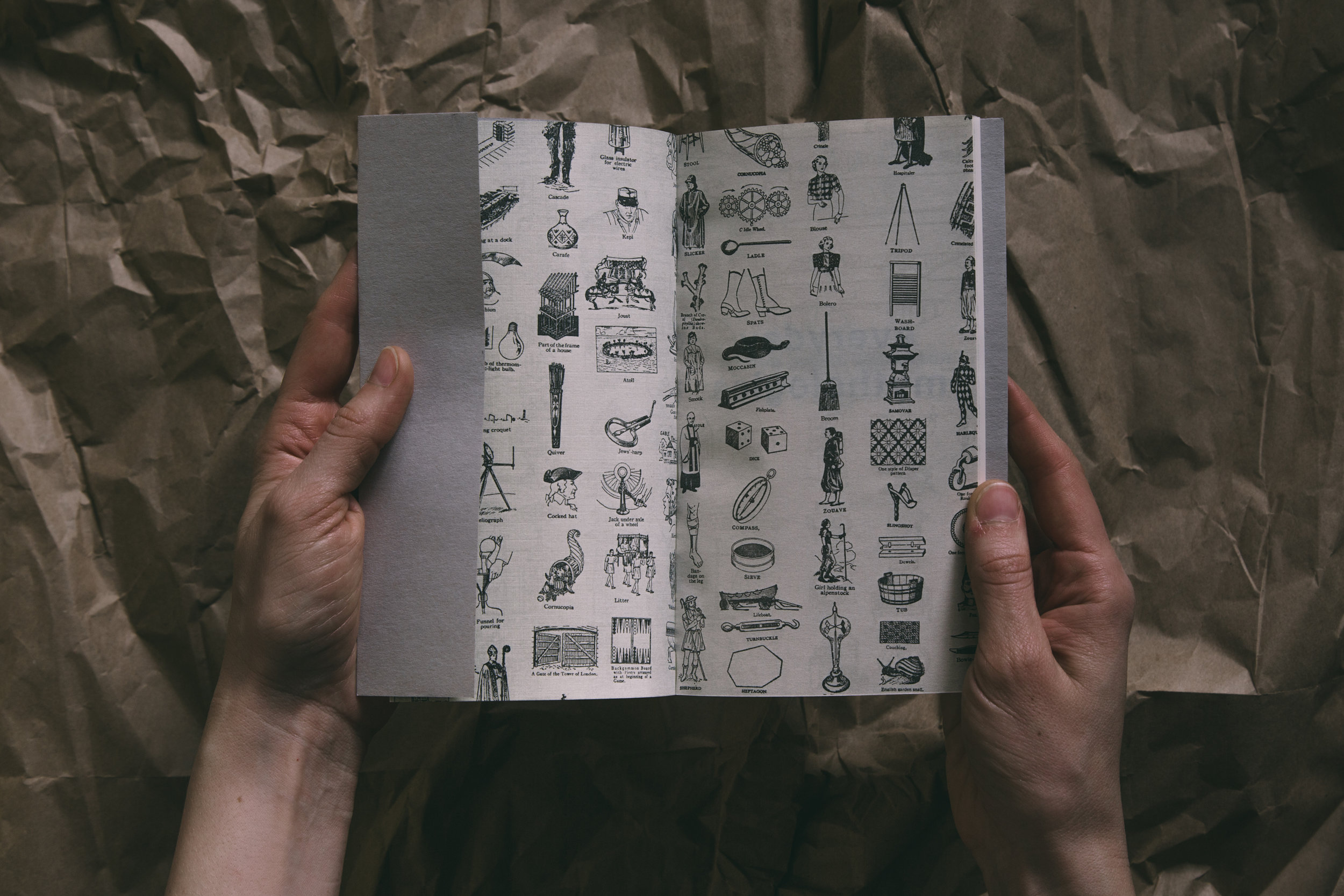everyday mythologies
EVERYDAY MYTHOLOGIES by Joshua James Amberson
026
Since the very early days of Two Plum Press, we had hoped to publish a book of creative nonfiction essays, and also a book of Joshua James Amberson’s, We are thrilled to see this particular volume come together, as it is a book of creative nonfiction essays written by Joshua James Amberson, one of our favorite writers.
The essays in this book are best summed up in three words:
Collections, Cars, Dads
The pieces also touch on nostalgia of all kinds, childhood, coming-of-age, clear reflection, cultural perceptions of and ideas about masculinity. It is a breathtakingly good read from start to finish.
Joshua James Amberson is the author of many small books and zines and runs Antiquated Future, an online store/zine distro/tape label. This is his first full length chapbook of creative nonfiction. He holds an MA in Creative Writing from Portland State University, and teaches writing courses at Portland Community College.
Click here to buy.
excerpt, from The Giant With The Walrus Mustache:
None of the elements that make the absence of a biolog- ical dad typically painful existed in my life. He hadn’t, like so many fathers, disappeared after establishing a relationship—leaving me to miss his presence and wonder if I was to blame for his sudden disappearance. He didn’t appear and reappear in a mysterious way that left me in a cycle of highs and lows, of perpetual anticipation or disappointment. And his absence didn’t create a noticeable hole. At my grandparents’ house—where I spent most of my time—my grandpa and my uncle were almost always present, I had several other uncles, my mom had boyfriends and close male friends who were a big part of my life. If anything, I wanted more one-on- one time with my mom, not more men.
In most ways, not having a dad seemed like a nice thing. Everywhere I went dads were making situations unnecessarily tense or aggressive. They broke up the most innocuous of games, yelling warnings of the implausible injuries that could come to pass. They shouted, grabbed, and spanked without warning, and some of them slapped or hit. They caused scenes on the sidelines of my baseball games, getting in fights with umpires and coaches, embarrassing their sons when they hauled them off the field in symbolic gestures of their power. They were often more childish than actual children, while also being much stronger and in pos- session of dangerously large trucks. My friends always seemed to be living in slight—and, from my perspective, understandable—fear of their dads, while also seeking some kind of strange approval that their dads seemed incapable of giving. Of course, I couldn’t articulate any of this at the time. All I knew was that the presence of a dad rarely made a situation more comfortable.






